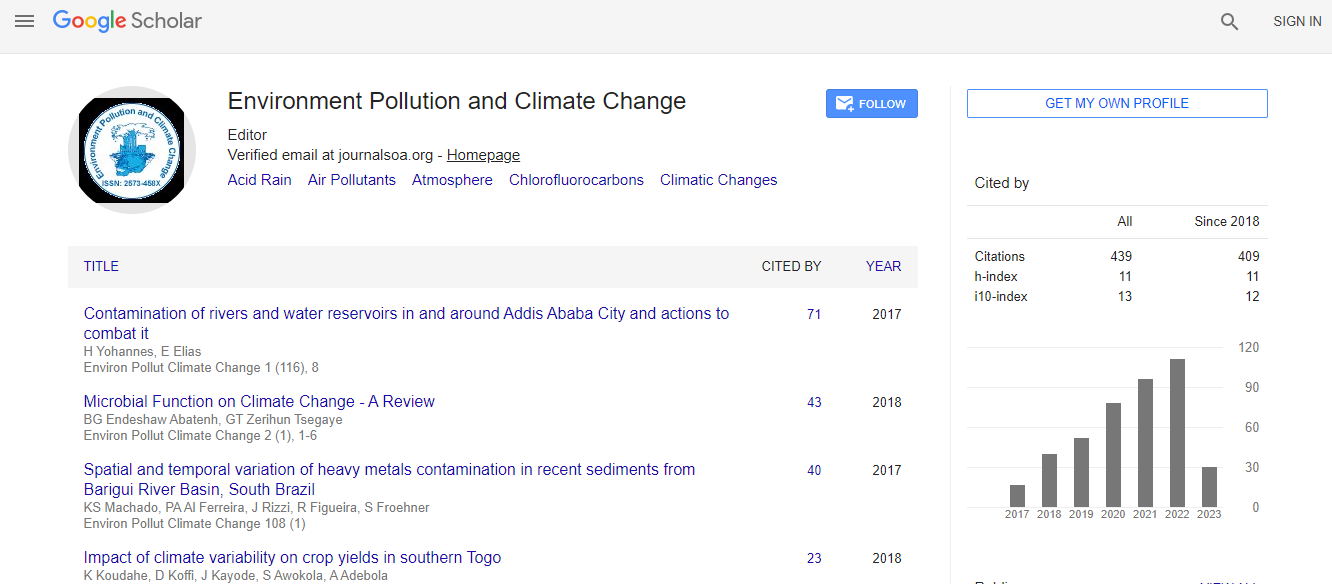Research Article
Evaluation of Climate Change Impacts on Run-Off in the Gidabo River Basin: Southern Ethiopia
Amba Shalishe Shanka*Meteorology and Hydrology Department, Arba Minch University, Ethiopia
- Corresponding Author:
- Amba Shalishe Shanka
Meteorology and Hydrology Department
Arba Minch University, Ethiopia
Tel: +251-916-186-582
E-mail: Amba.shalishe@amu.edu.et
Received date: May 18, 2017; Accepted date: June 13, 2017; Published date: June 20, 2017
Citation: Shanka AS (2017) Evaluation of Climate Change Impacts on Run-Off in the Gidabo River Basin: Southern Ethiopia. Environ Pollut Climate Change 1:129.
Copyright: © 2017 Shanka AS. This is an open-access article distributed under the terms of the Creative Commons Attribution License, which permits unrestricted use, distribution, and reproduction in any medium, provided the original author and source are credited.
Abstract
Climate change meaningfully affects the runoff, flooding and the riverfow in Gidabo river basin. Thus, this research study deals with the climate change impacts on the runoff in the Gidabo River basin. Statistical Downscaling Model version 5.1 has been used to downscale the daily precipitation and temperature in the Gelana river basin. The output of HadCM3 coupled atmosphere-ocean GCM model for A2a and B2a scenarios obtained from the Hadley Centre Coupled Model version 3 were used to show future climate change. Climate change scenarios for precipitation and temperature were developed for three future periods: 2011–2040 (2050s), 2041–2070 (2050s) and 2071–2099 (2080s). The meteorological variables were used as input to the SWAT hydrological model which was calibrated (R2=0.77) and validated (R2=0.81) with meteorological and hydrological historical data from the year 1980-2006. The results obtained from this study indicate that there is significant variation in the monthly, seasonal and annual runoff. The climate change impacts might causes increases in average monthly runoff in the 2020’s, 2050’s and 2080’s for both A2a and B2a scenario. The result of this study is based on a single climate model (HadCM3) output under A2a and B2a scenarios. Therefore, multiple climate models and scenario which may provide a detail climate change impact studies for comparison on hydrology in the Gidabo river basin.

